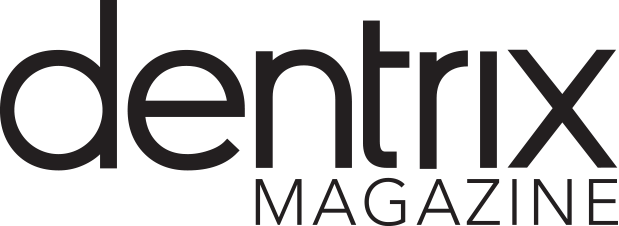Use a Daily Huddle to set the attitude and tempo of your day.
Updated 6/30/20
The daily huddle is a short, 10-minute meeting held at the beginning of the day between the dentist, the office manager, and all team members. It is an excellent opportunity to make sure everyone is on the same page prior to seeing the first patient of the day. It is the easiest and most cost-effective thing that you can do for your practice to increase proficiency and profitability while at the same time, reducing stress in the office.
The daily huddle can provide your team with information that can uncover potential scheduling disruptions. Additionally, the daily huddle helps identify opportunities to identify unscheduled treatment and collections opportunities. This can allow your office to make the necessary adjustments and get the most out of the day.
To get the most of your meeting, I recommend using the Daily Huddle Report in Dentrix as your guide. This report provides much of the information that should be covered during your meeting—production and collection information, patient balances, continuing care needs, treatment plan information—all in an easy-to-access format.
8 Easy to Follow Tips for a Successful Daily Huddle
- If you aren’t currently having a daily huddle, begin with having one every day for a month. This will help you and your team adjust to the routine and see the benefits.
- Doctor participation is essential. It will reinforce the office’s mission statement and goals for the practice.
- Schedule your daily huddle at the most convenient time for your practice: in the morning, at lunch, or even at the end of the day.
- Keep the daily huddle time to less than 15 minutes. Use a timer if needed.
- Focus on the patients scheduled that day: the current schedule itself, treatment opportunities, collections, and goals. Review the records of the scheduled patients to ensure all is ready for their visit.
- Table any complaints and policy or procedure discussions unless they can’t wait until your regular scheduled staff meeting. Daily huddles do not replace team meetings and should stay on track as much as possible.
- Begin the daily huddle with a motivational thought, video, or idea. It could be an expression of appreciation, a positive statement regarding staff/office performance, or a positive thought for the day.
- Make sure each member of the team knows their role:
- Team leaders/members provide the pertinent information for that huddle. Alternate the staff responsible for the information brought to the huddle, if you have a large team.
- Hygiene coordinator or hygienists should review exams, X-rays, medical history, and unscheduled treatment for their patients.
- Assistants should review the same information for the doctor’s patients, including lab case statuses.
- Determine if there are family members of today’s patients who are overdue for recall appointments or that have unscheduled or uncompleted treatment.
- The financial coordinator should note any financial concerns.
- The scheduling administrator should report any changes in the schedule. Note where to schedule emergencies, what reports or lists can be used to assist filling open time, and how patients can be routed between doctors and hygiene.
- For team involvement and accountability, take turns on who leads the meeting.
So, when looking to improve your office communication and efficiency, implement a daily huddle meeting. It will quickly become the best, and most important, 10 minutes of your day!
Learn More
For additional information, read the Making Your Huddle Work with Dentrix, Secrets of a Successful Daily Huddle, and Supercharge Your Daily Huddle articles here in Dentrix Magazine.
If you found these ideas helpful, learn more about the Dentrix Profitability Coaching Program, where one of our highly skilled and experienced profitability coaches teaches you and your team these and many other great concepts, strategies and ideas.
By Alicia Owens, Henry Schein One Practice Consultant





